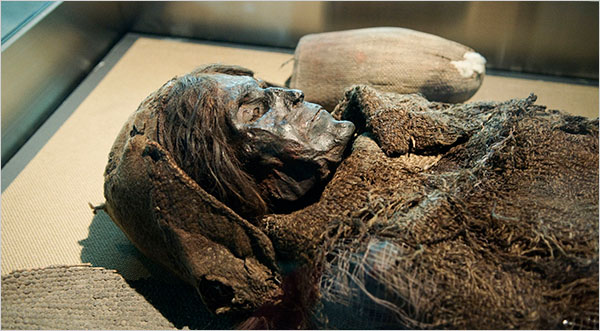Joel Berson wrote to the American Dialect Society mailing list on 12 November:
This seems awkward, when "there were many confessional detours" is available (and uses the same number of keystrokes).
Many a N is "notionally plural" — it refers to more than one N — but grammatically singular:
Many a linguist has/*have wondered about how to analyze this construction.
So the singular was in Stanley's sentence is just the form you'd expect. But Berson found it awkward, and others agreed with him. Ben Zimmer suggested that the problem was the proximity of the verb to many, in which case you might get "agreement with the nearest":
There were many a confessional detour…
This still doesn't satisfy me, because the unproblematic many confessional detours is available as an alternative.
As Ben noted, there's a problem here only because the sentence is existential, with there as the grammatical subject (in subject position, preceding the verb) and a referential NP in the predicate (following the verb). In standard English, this predicative NP determines the number of the verb (with some wrinkles for there's). And if this predicative NP has the form many a N, the plural quantifier many ends up as the nearest potential determinant of agreement on the verb (while when many a N is in subject position, the singular N is not only the head of the NP but also the nearest potential determinant of agreement on the verb).
It's been a while since we looked at agreement with the nearest, so maybe a re-play of another case involving existentials is in order.
Read the rest of this entry »
 Some quotes from Victor Mair are featured in the NYT today ("The Dead Tell a Tale China Doesn't Care to Listen To", 11/18/2008), with respect to the 3,800-year-old mummies found in the Tarim Basin.
Some quotes from Victor Mair are featured in the NYT today ("The Dead Tell a Tale China Doesn't Care to Listen To", 11/18/2008), with respect to the 3,800-year-old mummies found in the Tarim Basin.
